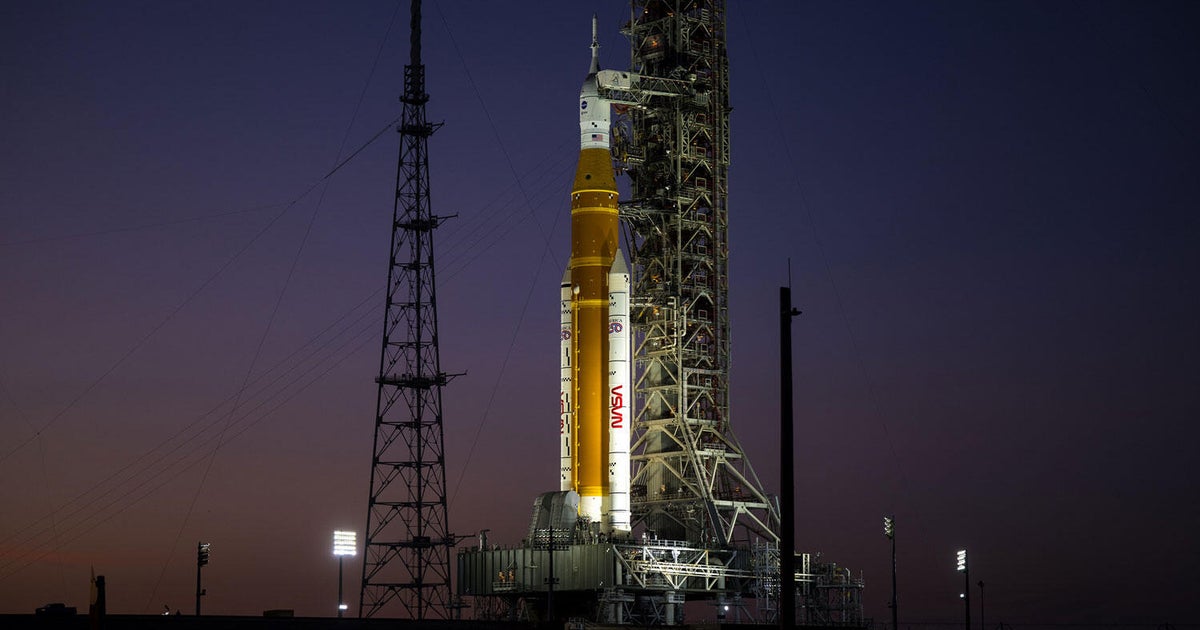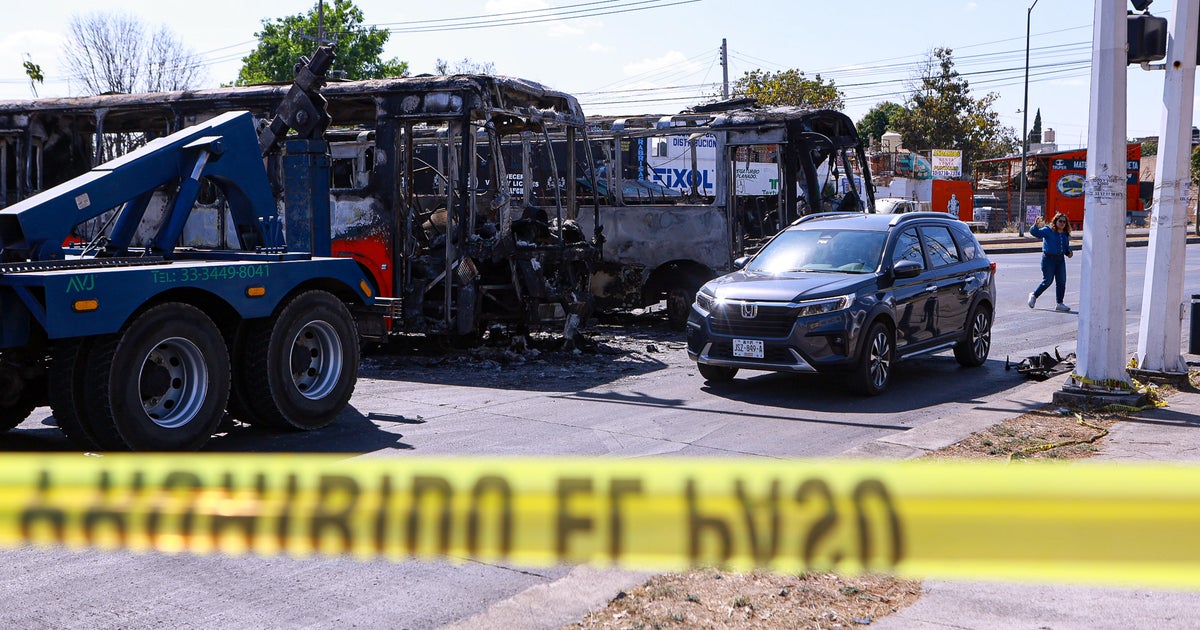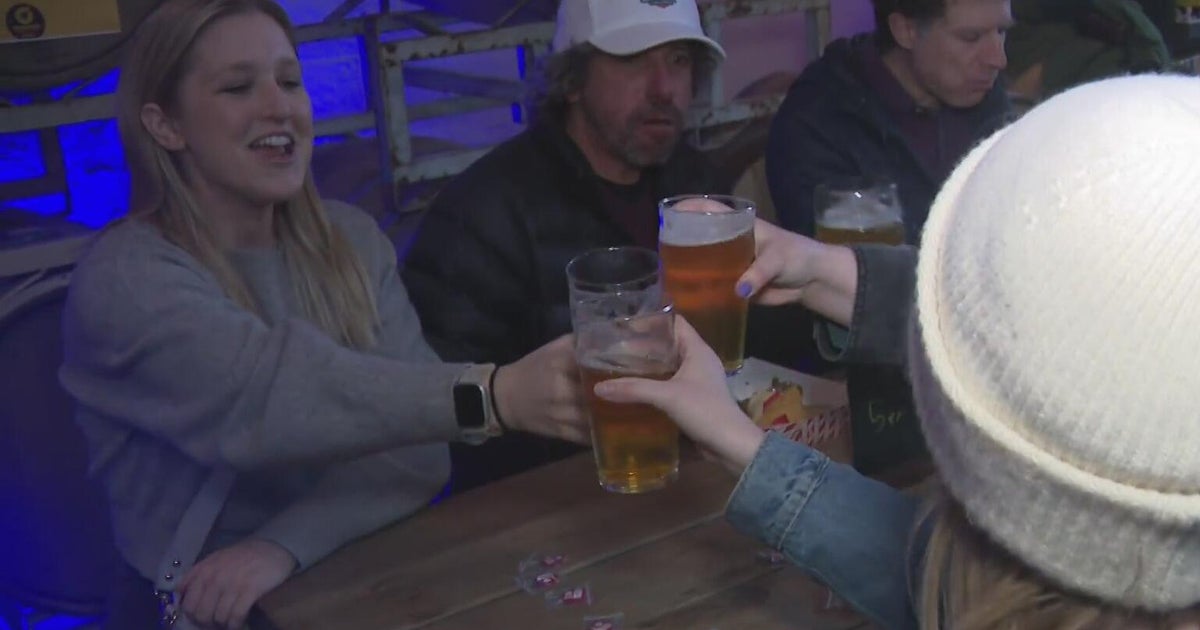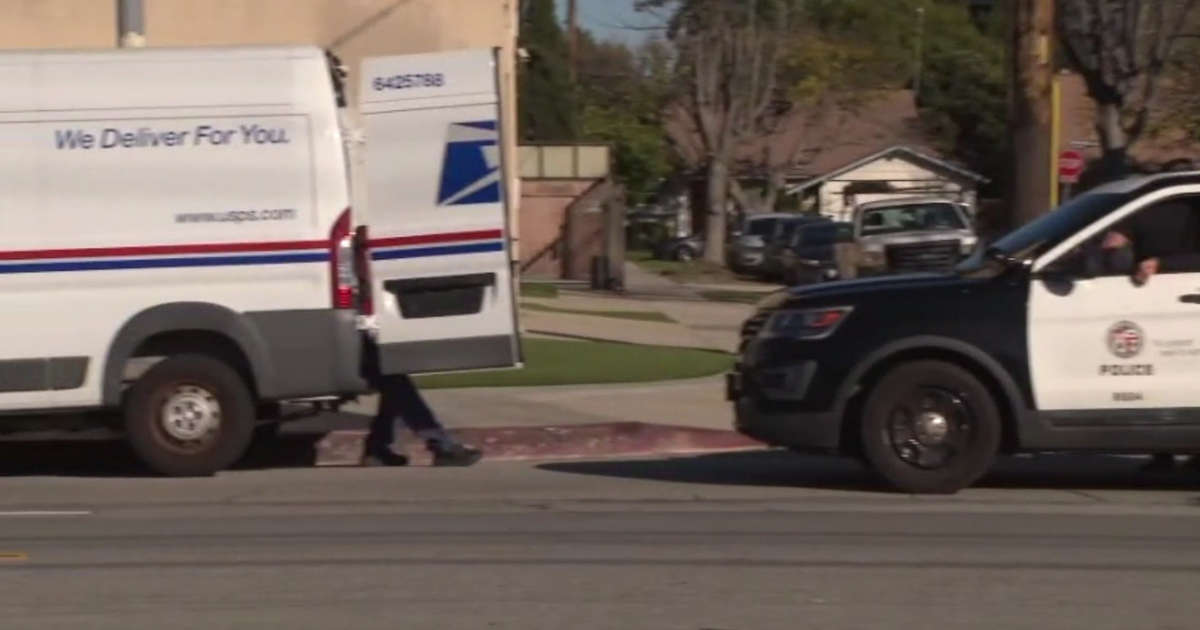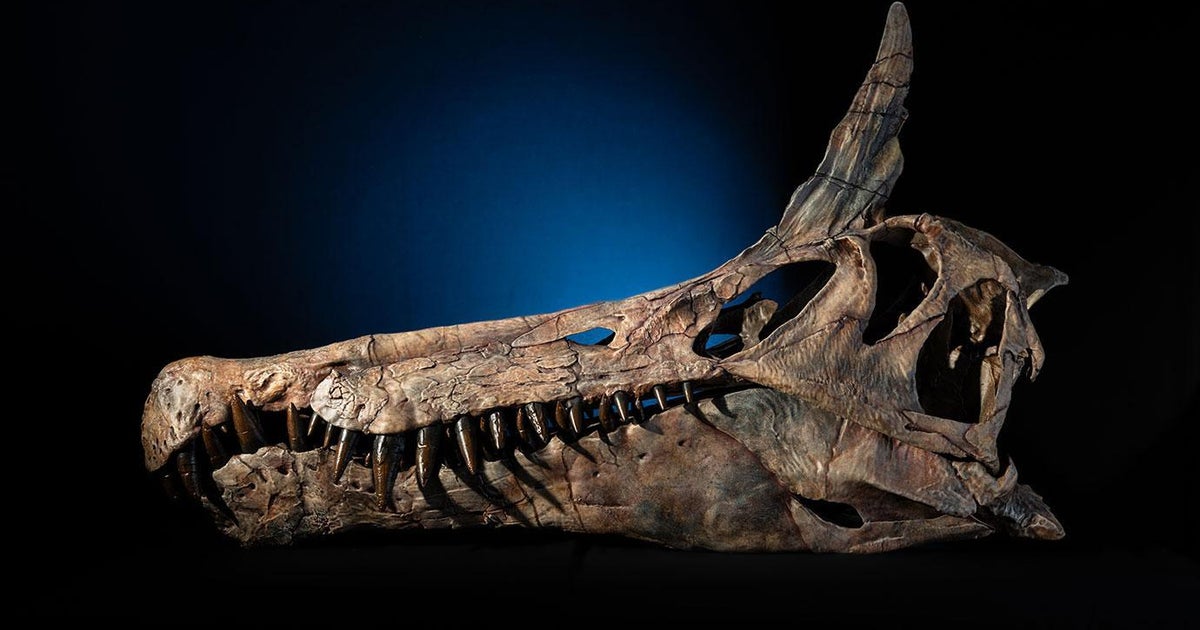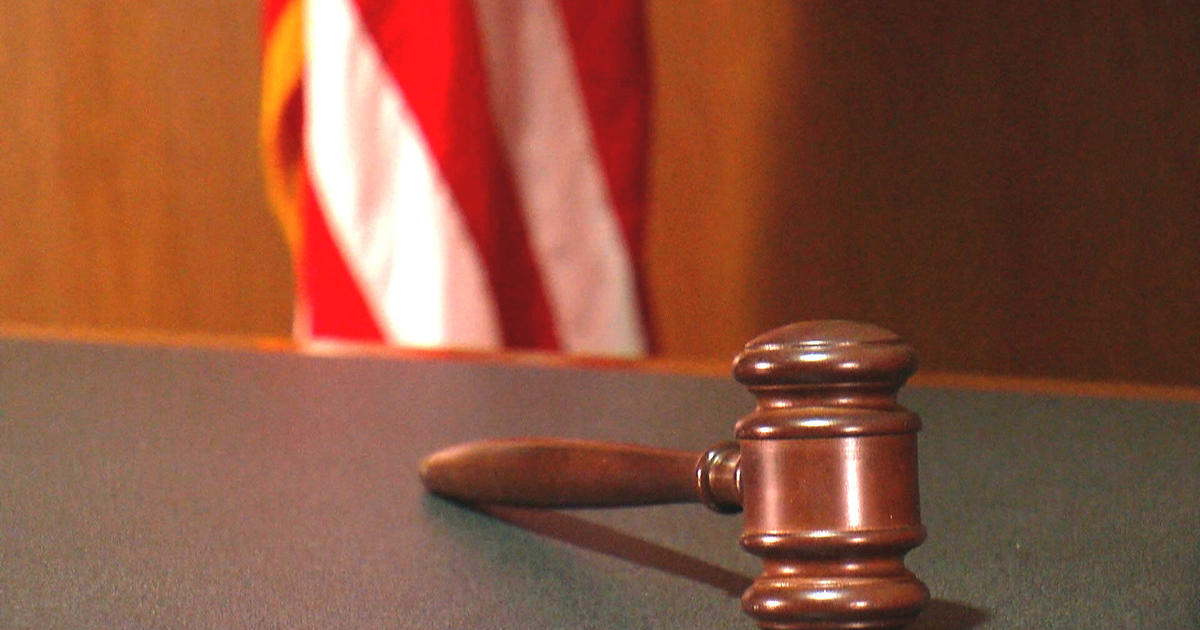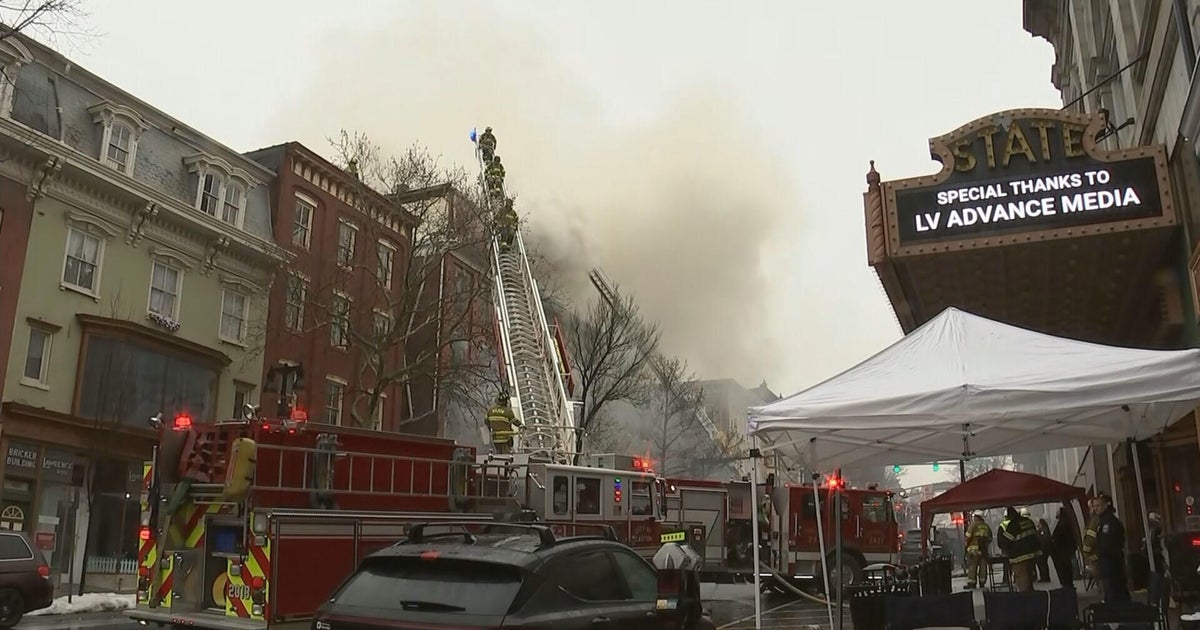NASA Astronaut On New Mission To Spread Knowledge From Space Research In Silicon Valley
by Marisol Cabrera
SAN FRANCISCO (KPIX 5) -- NASA Astronaut Nick Hague has a new mission here on Earth after spending six months in space. His latest endeavor is taking him to the Bay Area for the "Destination Station"campaign. Hague talked about his recent space mission and his research aboard the International Space Station.
Hague conducted several experiments while in space, ranging from sequencing human organs, utilizing a 3D printer and trying to improve materials such as rubber to use in the automotive industry. Hague also looked at fiber optics to improve their quality. One of the purposes for Hague's work in space is that it implements the idea of developing and testing new methods of research in different environments such as zero gravity.
"We did almost 350 investigations while I was onboard for my 200 days and it ranged from everything from trying to doing, genetic sequencing and doing some editing to 3D printing. Trying to start 3D printing human organs," Hague continued. "We're looking at this wide spectrum of things."
Hague emphasized how conducting research in space helps shape the importance on how the elements of an environment can serve fundamentally and influence on a certain extent the results of an investigation. Hague further uses water as an example in explaining how the impact of zero gravity can give a different perspective on how to conduct research.
"It's so fundamental, you know. You get up there and the thing I'd like to do to demonstrate space is just take water and squirted out into the air and you just watch it dance in front of you. But that's the reason we're there because I can let that water float for longer than a few seconds which is the most we can do here on the ground." Hague said. "It just floats there for as long as I want it to. By removing gravity, we can really understand the nuisances of everything around us and that's where the discovery happens in understanding those finer points."
Hague also explains the process of working with a team of scientists and experts from around the world that helped guide him and his colleagues into their research.
"One of the best things about the whole experience was putting on a headset and getting to talk to the investigator, the scientist, the researcher, the developer on the ground as I'm working with their instrument and there guiding me on how to do it correctly and we're discovering this together and that sense of being connected to that team." Hague said.
He further describes how the perspective of earth from space makes him realize the importance of the planet and the need for humanity to preserve it. He also explains how the different dimensions of the earth seen from space such as a hurricane add to a scale that connects earth as an organism.
"You know I was up there during hurricane Dorian … It's just this fluffy pancake sitting on the atmosphere and you can stare down the avid and see the ocean right through it but you know how destructive it is." Hague said. "You can also see the human impacts on the planet … I know the earth is very precious and we need to do everything we can to protect it."
Hague also took the time to encourage anyone interested in becoming astronaut and research opportunities head on to NASA's careers website to learn more. NASA is accepting applications beginning next week.
